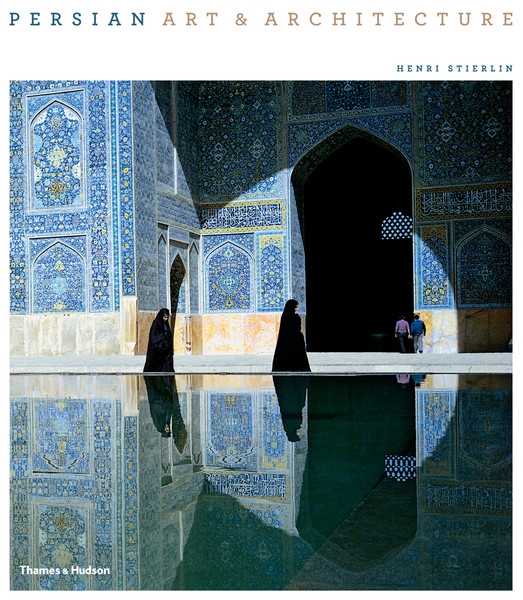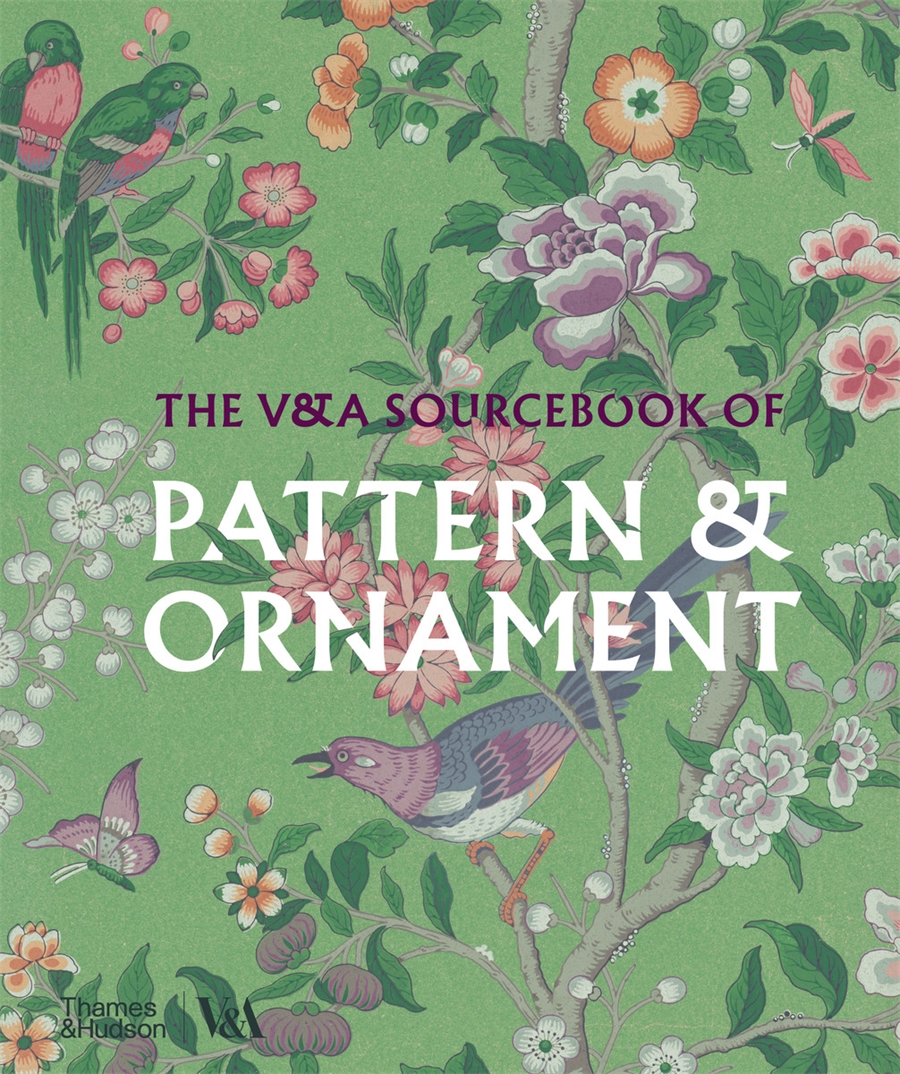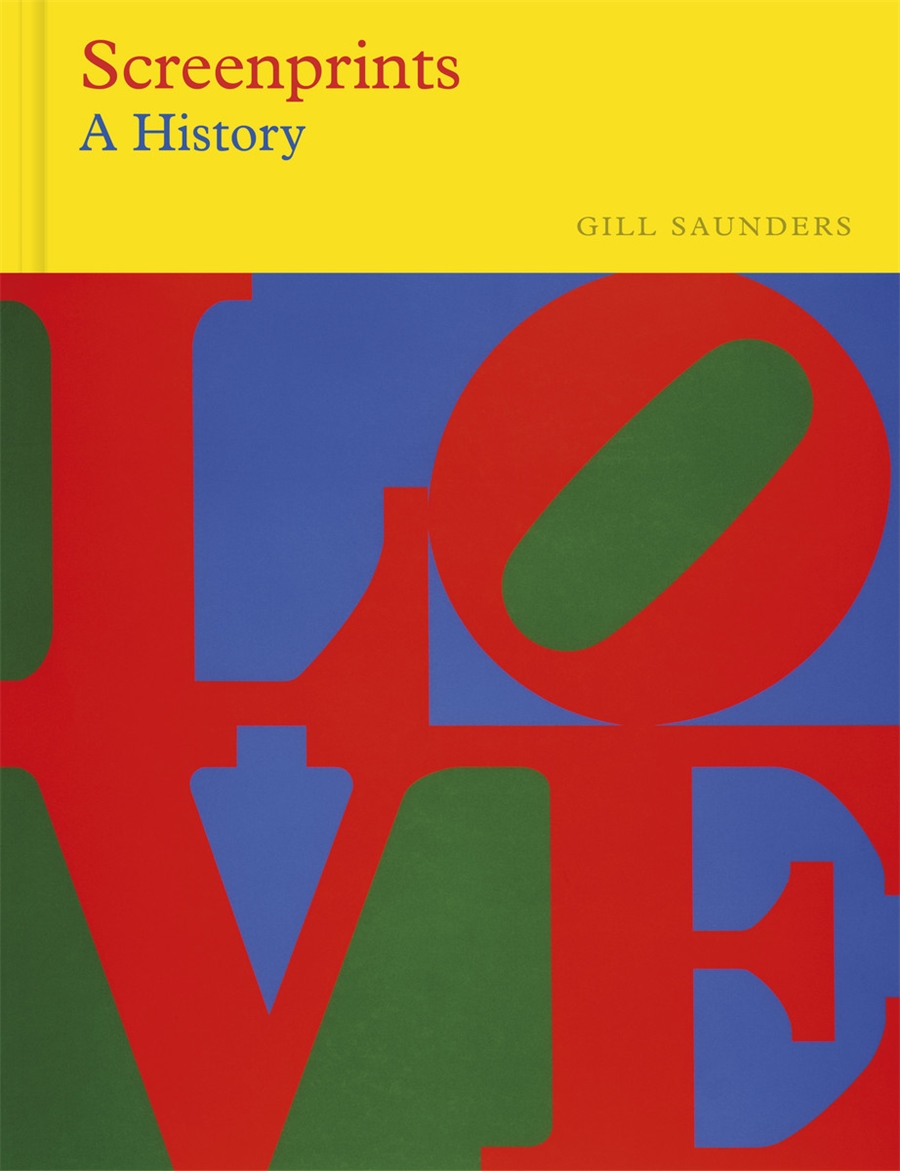Description
Persian art and architecture have a rich heritage that stretches far beyond the borders of modern-day Iran, from the Abbasid monuments of Baghdad to the splendid Timurid buildings of Samarqand and Bukhara.
When the ancient land of Persia was conquered by the Arabs, its people embraced the coming of Islam but strove also to retain their own language and culture, celebrating their history in works of literature such as the epic Shahnama. This merging of influences resulted in a distinctive artistic style that spread through the Middle East, reflected in monumental architecture and in art forms that range from expressive miniature paintings to sumptuous carpets and ceramics.
Persian Art & Architecture follows a historical path across the Iranian world and examines the artistic legacies of great rulers and their dynasties, from the rebirth of Persian art under the Seljuqs, to the magnificent structures built by Timur-i Lang in Samarqand, to the cultural flowering that occurred under the Safavid dynasty through the patronage of Shah Abbas and his descendants, and beyond.
Palaces, mosques, madrasas and mausoleums display a mesmerizing decorative complexity, with form and ornament combining to create an indivisible whole. Spectacular polychrome tiles, intricate brickwork, curling arabesque motifs and calligraphic inscriptions attain a transcendent beauty, designed to reflect both the temporal power of the rulers who commissioned these works and the heavenly glory of creation.



